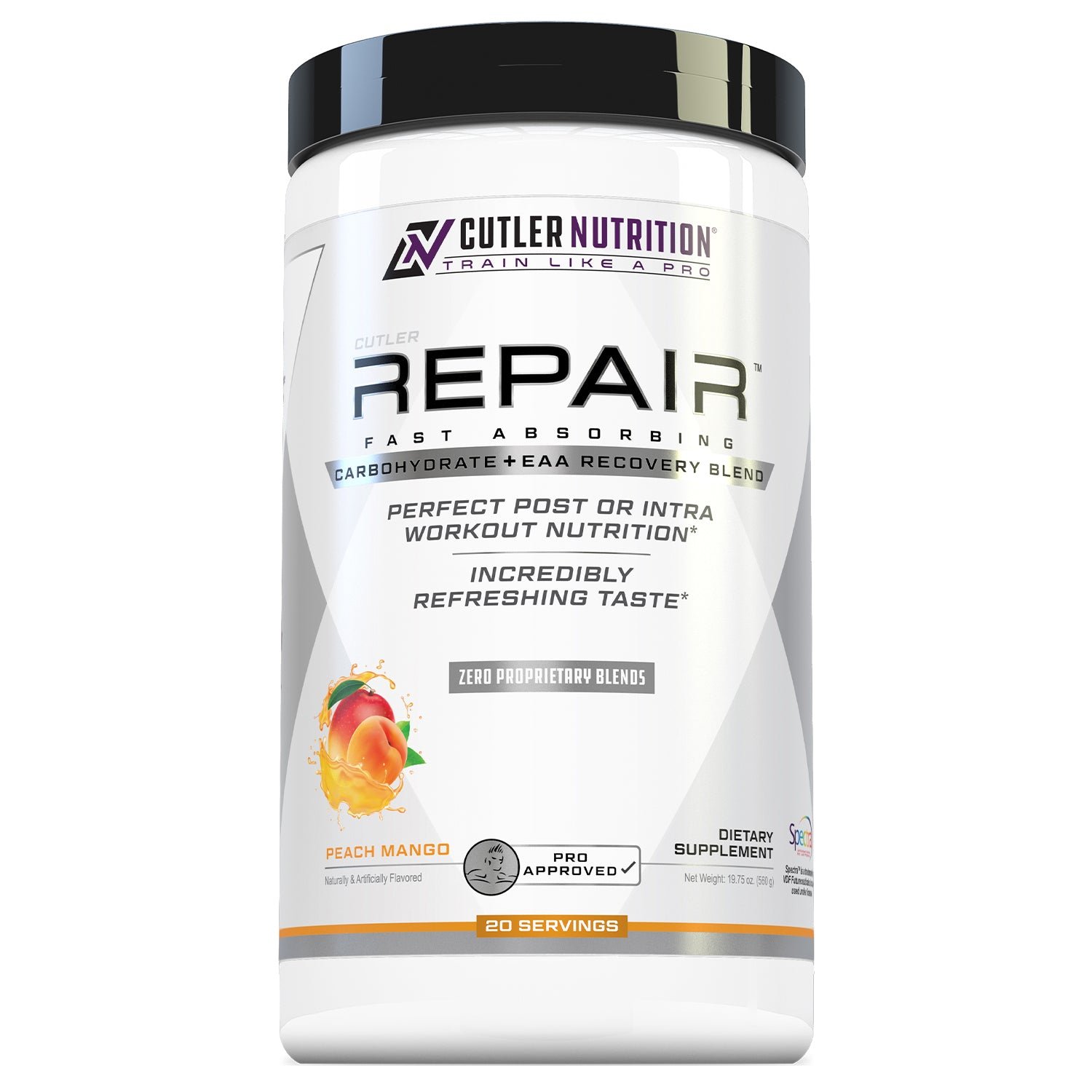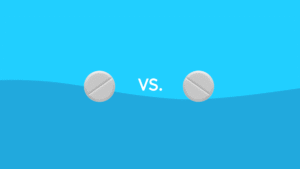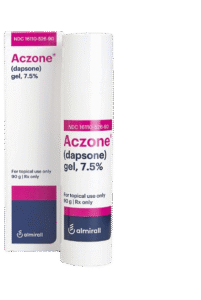Nutrition & Supplements for Post-Workout Muscle Recovery

Nutrition & Supplements for Post-Workout Muscle Recovery
Read Time: 13 minutes
After an intense workout, proper nutrition and supplementation play a crucial role in muscle recovery. Consuming the right nutrients can help repair muscle tissues, reduce soreness, and promote faster recovery, allowing you to get back to training stronger than ever. This article discusses the key nutrients and supplements that are effective in aiding muscle recovery after exercise.
Importance of Vitamins and Minerals in Muscle Recovery
Vitamins and minerals are essential for post-workout recovery. During exercise, your body depletes its stores of energy, primarily carbohydrates, and also breaks down muscle proteins. Replenishing these nutrients helps repair the damage done during your workout.
-
Carbohydrates: After a workout, your muscles need carbohydrates to restore glycogen, the stored form of energy. Eating carbs immediately post-workout can help reduce muscle soreness and improve energy recovery.
-
Protein: Protein is critical for rebuilding muscle tissues. It provides the amino acids needed for muscle repair and growth.
Key Nutrients for Muscle Repair
For optimal muscle recovery, a balanced intake of fluids, carbohydrates, and protein is necessary. Here’s a closer look at each:
Carbohydrates
Carbohydrates are the body’s primary source of energy, particularly during exercise. After a workout, glycogen stores within the muscles can be depleted, which can lead to muscle fatigue and soreness. Consuming carbs post-workout helps restore glycogen levels. A useful guideline is to consume carbs in a 3:1 ratio with protein. For example, if you consume 20 grams of protein, aim for 60 grams of carbohydrates (similar to three slices of bread).
Protein
Protein is vital for muscle recovery. It helps repair and build new muscle tissues. Recommended protein intake varies based on activity level:
-
General Adults: 0.8 grams per kilogram of body weight per day.
-
Athletes and Active Individuals: 1.2–2.0 grams per kilogram of body weight per day.
-
Muscle Building Athletes: 0.3 grams per kilogram within two hours after exercise, followed by 1-2 additional servings throughout the day.
Protein-rich foods include meats, fish, eggs, dairy, and plant-based options like beans and legumes. While protein supplements like whey protein are available, whole foods can often meet your protein needs without the need for extra supplementation.
Healthy Fats
While fat is not a primary focus for muscle recovery, certain types of fat, such as omega-3 fatty acids, can support inflammation reduction and overall recovery. Aim to choose sources of unsaturated fats over saturated fats. Examples include avocados, nuts, seeds, and fatty fish.
Hydration and Muscle Recovery
Staying hydrated is crucial before, during, and after exercise to support muscle recovery. Dehydration can delay recovery and contribute to muscle soreness. For short workouts (under 90 minutes), water is usually sufficient to stay hydrated. For longer workouts or intense training sessions, sports drinks that contain electrolytes may help replenish lost minerals.
Tip: Monitor hydration levels by checking the color of your urine. Dark urine indicates dehydration, while clear urine suggests adequate hydration.
Supplementation for Enhanced Recovery
Although a balanced diet can provide most of the nutrients needed for muscle recovery, certain supplements can aid the process. Here are some commonly used supplements:
Branched-Chain Amino Acids (BCAAs)
BCAAs—leucine, isoleucine, and valine—are essential amino acids that the body cannot produce on its own. They can be found in protein-rich foods, but supplements are also available. BCAAs may help reduce muscle soreness and improve recovery, particularly for resistance training or endurance exercises.
Creatine
Creatine is another popular supplement for improving muscle recovery. It helps replenish ATP, the primary energy carrier in cells, allowing muscles to perform better during high-intensity exercise. Creatine supplementation may also help with muscle repair by reducing muscle damage and inflammation post-workout.
Omega-3 Fatty Acids
Omega-3s have anti-inflammatory properties that can help reduce muscle soreness and improve overall recovery. Sources include fatty fish, flaxseeds, and walnuts. Supplementing with omega-3 fatty acids may help support muscle repair and growth, especially after intense or prolonged exercise.
Vitamin C
Vitamin C is an antioxidant that helps reduce oxidative stress and inflammation caused by exercise. It also plays a role in collagen formation, which is important for repairing connective tissues.
The Role of Protein Supplements
Whey protein is a popular choice for those looking to increase their protein intake post-workout. While protein supplementation can be helpful, it is not always necessary if you are already meeting your protein needs through whole foods. Additionally, some studies have shown that protein supplementation does not have a significant effect on muscle recovery compared to getting protein from a balanced diet.
Quick and Easy Post-Workout Snack Ideas
Here are some simple snack ideas to boost your post-workout recovery:
-
Avocado toast with an egg
-
Greek yogurt with berries and nuts
-
Cottage cheese on an English muffin
-
Apple or banana slices with peanut butter
-
Oatmeal made with milk, topped with fruit
Summary: Key Takeaways for Optimal Recovery
-
Carbohydrates: Replenish glycogen stores to reduce muscle soreness and fatigue.
-
Protein: Repair muscle tissue and support growth.
-
Healthy Fats: Support overall recovery and inflammation reduction.
-
Hydration: Maintain fluid balance to speed up recovery and prevent dehydration.
-
Supplements: Branched-chain amino acids, creatine, omega-3 fatty acids, and vitamin C may aid recovery, but they are not essential if your diet is balanced.
By incorporating the right nutrients and supplements into your post-workout routine, you can accelerate muscle recovery, reduce soreness, and get back to your training with renewed energy.







